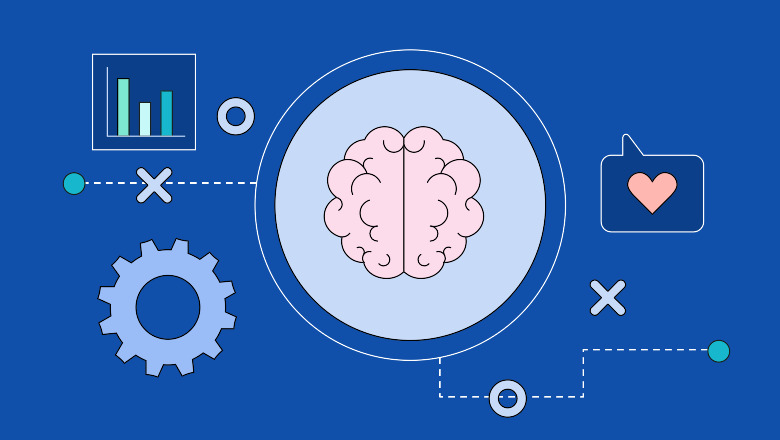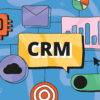In today’s digital landscape, implementing automated processes has become essential to maintaining effective connections with customers, collaborators and prospects.
Marketing Automation, combining software and strategy, represents a fundamental asset for companies involved in digital development.
Fields of Application of Marketing Automation
Marketing Automation is based on software platforms that allow you to orchestrate and manage automated processes.
The main objective is to distribute content targeted to the buyer persona, optimizing lead generation and customer engagement activities to improve production efficiency.
Technological solutions allow you to manage various tools, including:
- Multi-channel platforms for mobile marketing
- Email marketing workflow
- Landing page for SEA campaigns and lead generation
- Lead generation campaigns on social media
- Engagement systems via CRM
- SMS marketing
Marketing Automation integrates these applications, allowing companies to coordinate their digital marketing strategy in a synergistic and targeted way.
The importance of data analysis in defining the sales strategy
Marketing Automation must allow fluid management of processes and offer personalized content based on the target audience.
At the same time, progressive data analysis is key. Management software must provide tools to monitor the progress of campaigns, with particular attention to conversions and user engagement.
The functions of marketing automation
In the operational phase, there are many functions of marketing automation for managing a web marketing campaign. These are the main ones:
- Lead nurturing
Lead nurturing is the set of initiatives that allow you to nurture, nurture and encourage relationships with qualified contacts through “drip marketing” activities. The management software provides for the automated sending of various types of messages based on the actions and behavior of users (leads, customers, prospects, target users) in the various phases of a marketing campaign.
- Target segmentation
Segmentation is the action that allows you to divide the target within the database, applying specific filters and creating groups of leads, based on the actions they carry out or specific interests, and assigning personalized content to each of these.
- Lead scoring
It consists of the principle of assigning different scores to leads, based on predetermined parameters (characteristics, purchasing behavior, frequency of actions) and automatic classification of priorities. Lead scoring allows, in other words, to focus mainly on leads that can turn into qualified customers and develop greater turnover.
- Social media analysis
Social media analysis is a circular process aimed at maximizing the performance of marketing actions through data collection, processing, analysis and production of strategies aimed at listening to the network through social media. Special attention must obviously be paid to conversions.
The Human Role Behind Marketing Automation
While simplifying digital business procedures, Marketing Automation requires professional work in developing strategy and creating messages.
It is crucial to maintain consistency with the company’s brand communication to reach the right people with the right message at the right time.
In conclusion, Marketing Automation represents a significant investment for companies that wish to optimize their sales strategy and improve interactions with the target audience.












